Many people believe that the Cold Food Festival (Vietnamese Banh Troi Banh Chay Festival ) and the Qingming Festival are one, and although there are years when the Qingming Festival coincides with the Cold Food Festival (on March 3), the Cold Food Festival and the Qingming Festival are two completely different holidays.
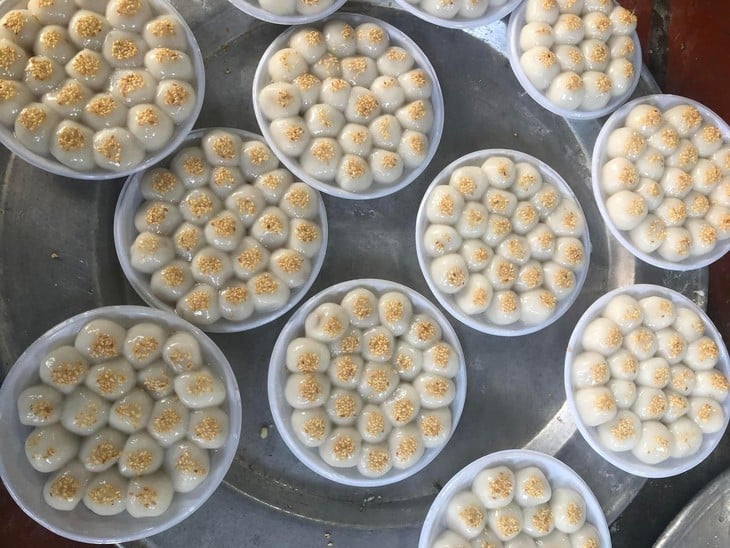 |
| The Banh Troi Banh Chay Festival is an occasion to remember ancestors through making cakes and offerings. Photo source: Ngo Phuong Thuy |
Cold Food Festival is not Qingming Festival
Talking to PV
Knowledge and Life , Mr.
Vu The Khanh , General Director of the Union of Applied Information Technology
Science (UIA) said that the Cold Food Festival originated in China, associated with the story of Jie Zitui and King Jin Wengong of the Spring and Autumn period.
King Wen of Jin was exiled for 19 years and was loyally assisted by Jie Zitui. During a time of food shortage, Jie Zitui cut off the flesh of his thigh to offer to the king. After regaining the throne, Jin Wen of Jin gave generous rewards to many people but forgot about Jie Zitui. He did not blame them but took his mother to live in seclusion in the Tianshan forest. When the king realized this, he sent someone to summon Jie Zitui to the court but he refused. Finally, Jin Wen of Jin ordered the forest to be burned to force Jie Zitui to appear, but he and his mother died in the fire.
Regretting his actions, King Wen of Jin ordered the people to refrain from lighting fires for three days to commemorate Jie Zitui. From then on, the third day of the third lunar month became the Cold Food Festival, with the meaning of "eating cold food" (cold food).
Qingming Festival also originated from China and was introduced to Vietnam, but has a different meaning from Cold Food Festival. Qingming Festival is one of the 24 solar terms of the year, falling around the beginning of April in the solar calendar, usually lasting 15-16 days. Qingming Festival is an occasion for descendants to visit graves and show filial piety.
“Thus, although the Cold Food Festival and the Qingming Festival take place at a similar time, they have different meanings. If the Banh Troi Banh Chay Festival is an occasion to remember ancestors through making cakes and offerings, the Qingming Festival is associated with the custom of visiting graves, demonstrating the morality of remembering the source of water when drinking water,” Mr. Khanh explained.
Sharing the same view, researcher Nguyen Hung Vi said that according to the concept of Eastern countries, a year has 24 solar terms, marking the change of weather and the rotation of seasons. These solar terms are set in the calendar according to the concept of Eastern countries. Including: Lich Xuan, Vu Thuy, Kinh Trap, Xuan Phan, Thanh Minh, Coc Vu, Lap Ha, Tieu Man, Mang Chong, Ha Chi, Tieu Thu, Dai Thu, Lap Thu, Xu Thu, Bach Lo, Thu Phan, Han Lo, Suong Giang, Lap Dong, Tieu Tuyet, Dong Chi, Tieu Han, Dai Han. Thanh Minh is one of the 24 solar terms that comes about 45 days after Lap Xuan and 105 days after Dong Chi. According to convention, Thanh Minh usually starts on April 4 or 5 and ends on April 20 or 21 of the solar calendar. Every year, Qingming Festival has a certain shift. In 2025, Qingming Festival falls on April 4th of the solar calendar, which is March 7th of the lunar calendar.
Thanh Minh Festival not only means fresh air but is also an important occasion for Vietnamese people to perform grave-sweeping rituals, expressing filial piety to their ancestors. On this occasion, families will repair graves, weed, fill in soil, clean, and then burn incense to worship. This is also an occasion for descendants to gather together, remembering their roots. It is different from Han Thuc Festival.
Tet Banh Troi Banh Chay has Vietnamese identity
Although originating from the Chinese Cold Food Festival, the 3/3 Festival in Vietnam has its own identity and is called the Banh Troi Banh Chay Festival. According to Dr. Vu The Khanh, due to the influence of thousands of years of Chinese domination, many Chinese holiday customs have been introduced to Vietnam, including the Cold Food Festival. However, Vietnamese people do not celebrate this day to commemorate Jie Zitui, but use it to show respect to their ancestors.
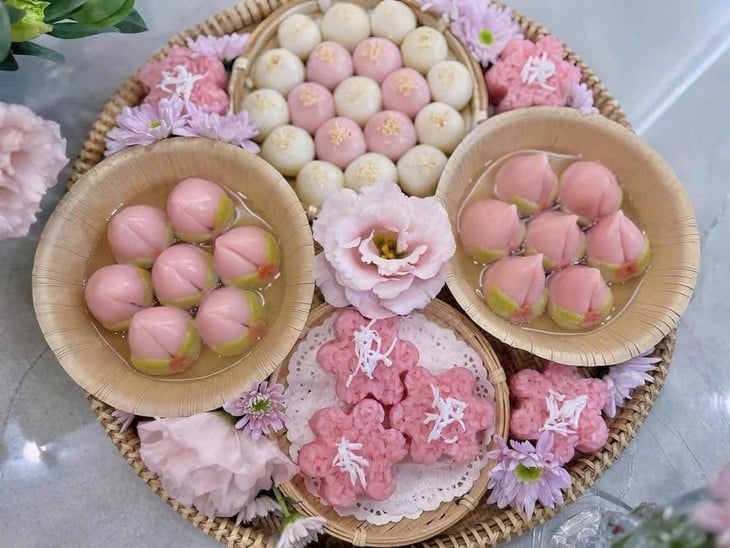 |
| The Vietnamese Tet of banh troi and banh chay has a Vietnamese identity. Photo: Thu Hang. |
The Chinese value the "fire ban" ritual and only eat cold food, while the Vietnamese prepare offerings to worship their ancestors. The offerings symbolize traditional rituals, such as betel and areca nuts, banh troi (a type of rice cake), banh chay (a type of rice cake) (symbolizing the gods of heaven, earth, ancestors, and relatives), a colorful fruit tray (usually from 5 to 7 colors), a lamp, a bowl of clear water, incense, flowers, etc.
The Banh Troi Banh Chay Festival is popular in many provinces in the Northern Delta. Although it is similar to the Cold Food Festival in terms of timing, the meaning is completely different. This day becomes an occasion for family reunion, when everyone tries to return home to make cakes with their family and offer them to their ancestors.
"In China, people only need the "fire ban" ritual, and the food is of course "cold" because they cannot cook with fire. In Vietnam, on the same day of Tet, people pray to heaven and earth, gods and ancestors," said Mr. Khanh.
Dr. Vu The Khanh said that starting from the Qingming Festival, people clean up their ancestors' graves, clear away weeds, rebuild graves and offer flowers and incense. Cemeteries on Qingming Festival become crowded when families visit graves together to pay respect to their deceased grandparents and parents.
Adults respectfully worship, while children are brought along to learn about family traditions. People far from home also take advantage of this opportunity to return to visit graves and reunite with their families. Besides taking care of their loved ones’ graves, many people also burn incense for unclaimed graves, showing compassion.
This difference reflects the characteristics of Vietnamese culture, although influenced by China, there are still variations suitable to national traditions.
Source: https://khoahocdoisong.vn/vi-sao-nguoi-viet-cung-tet-banh-troi-banh-chay-vao-33-am-lich-post266800.html
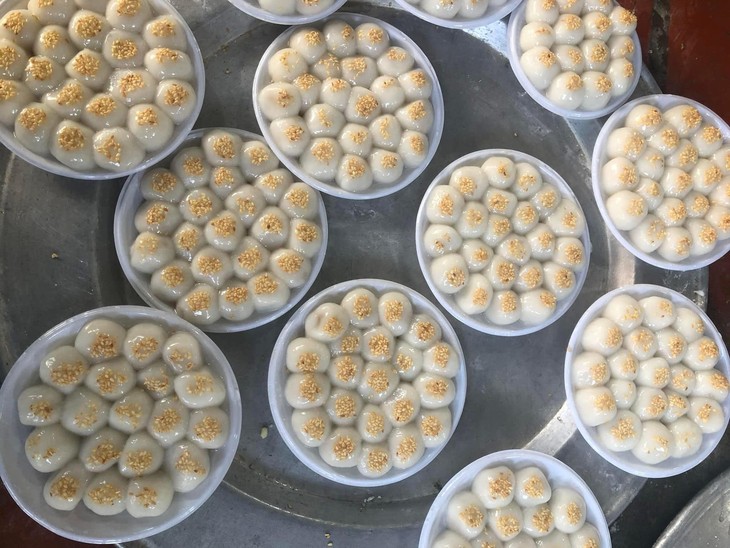
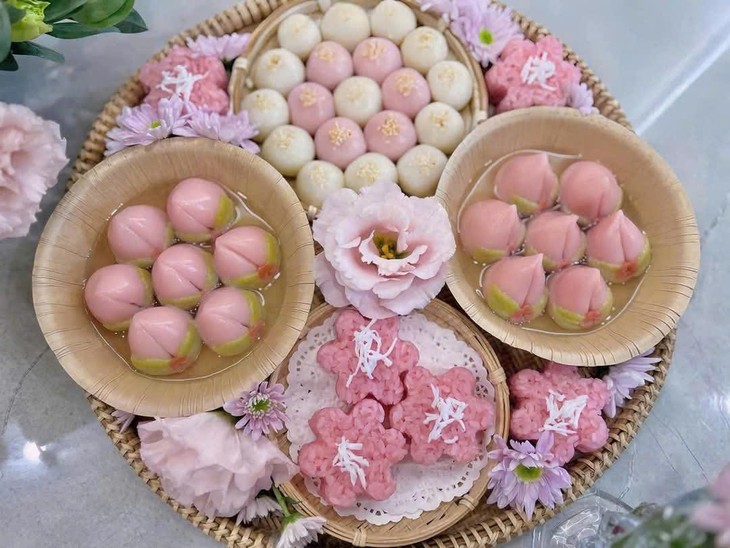


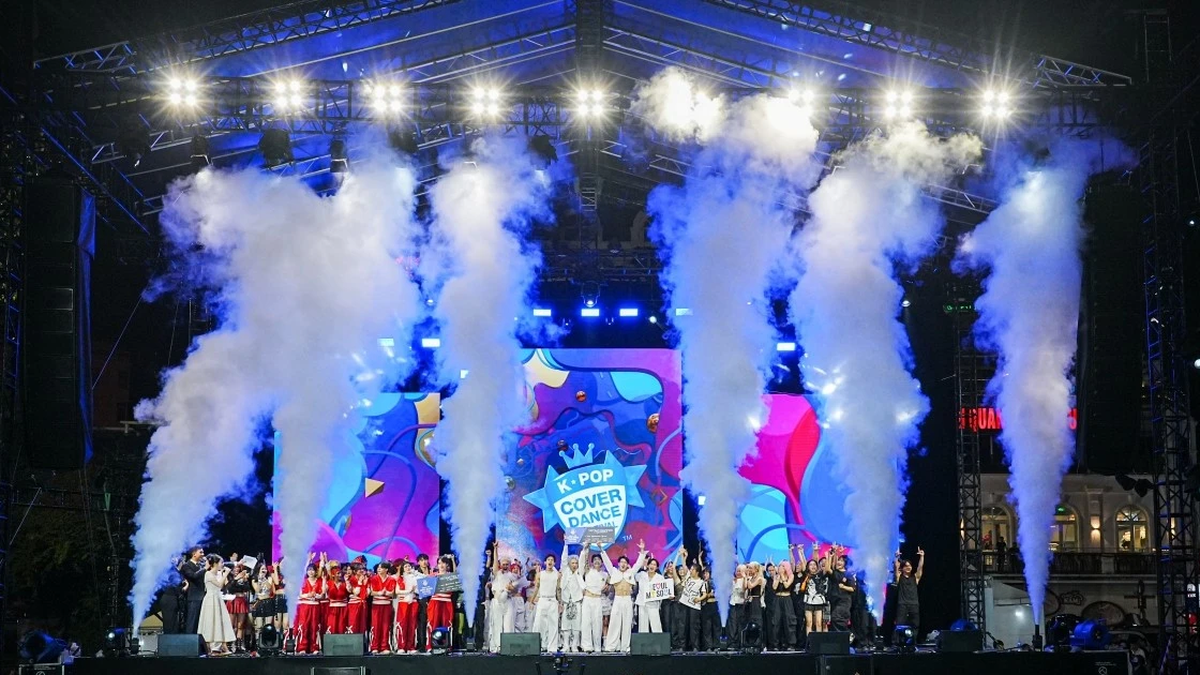
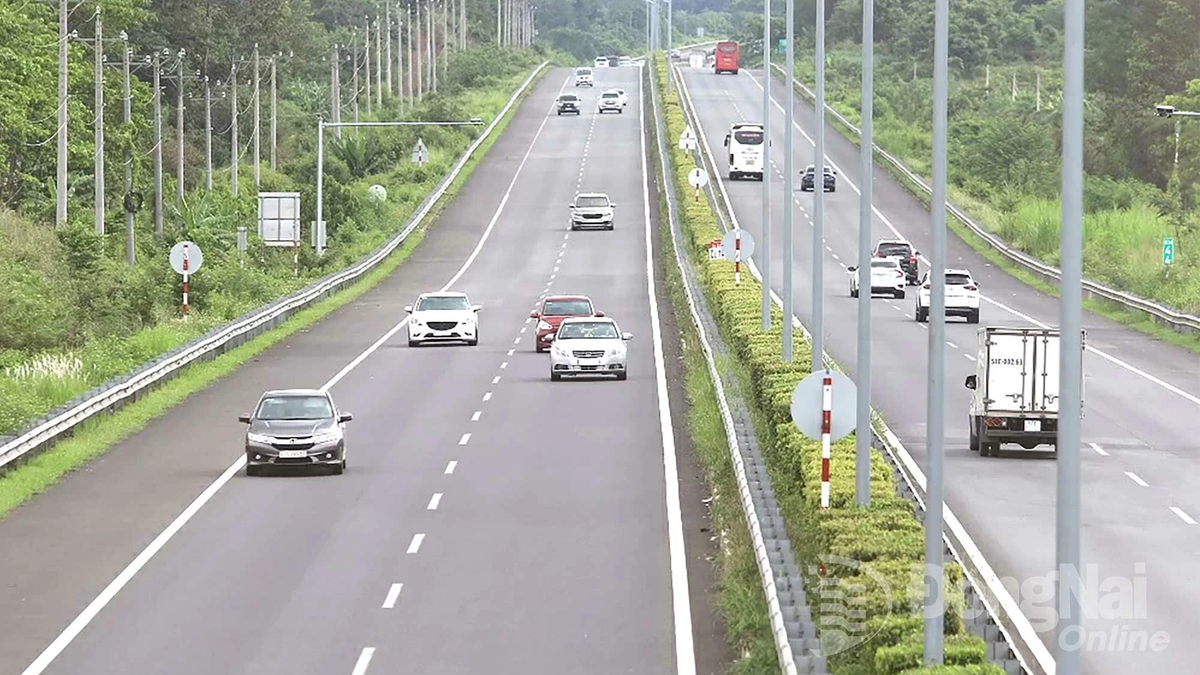
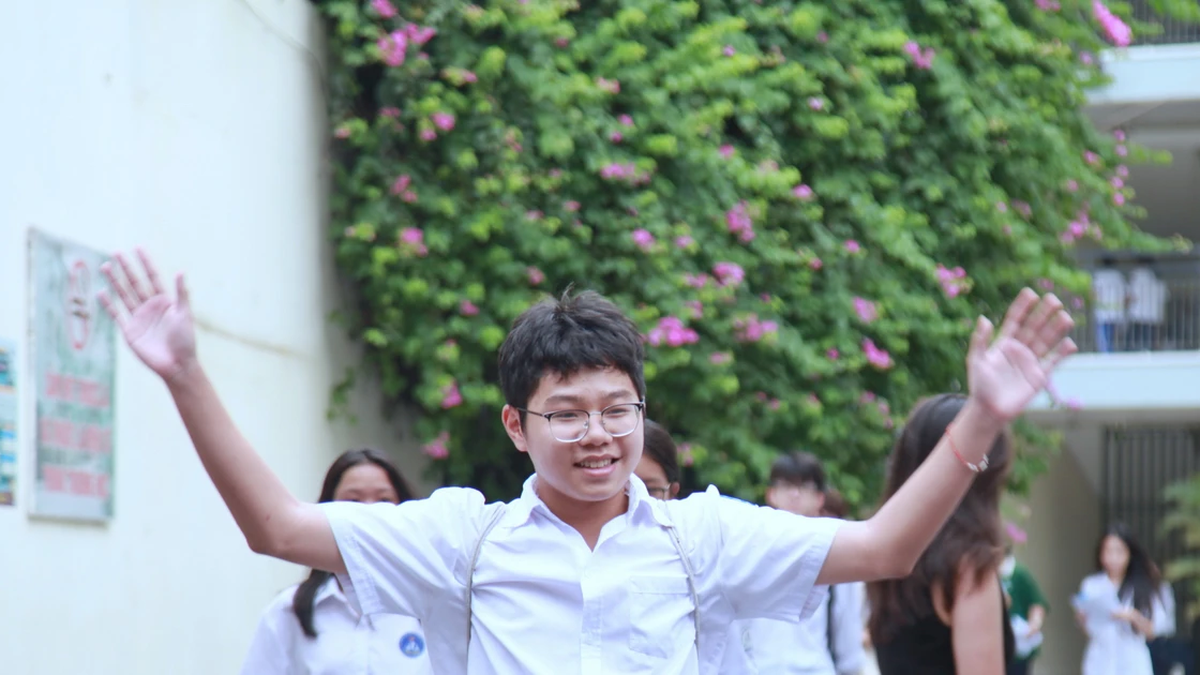

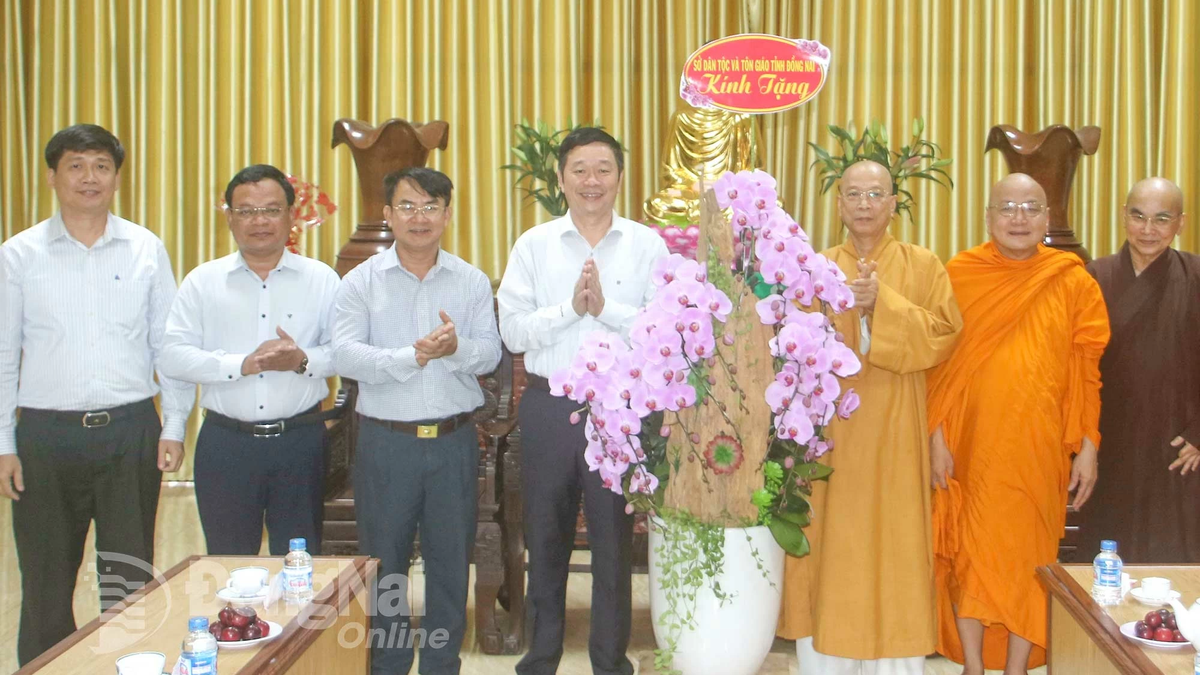
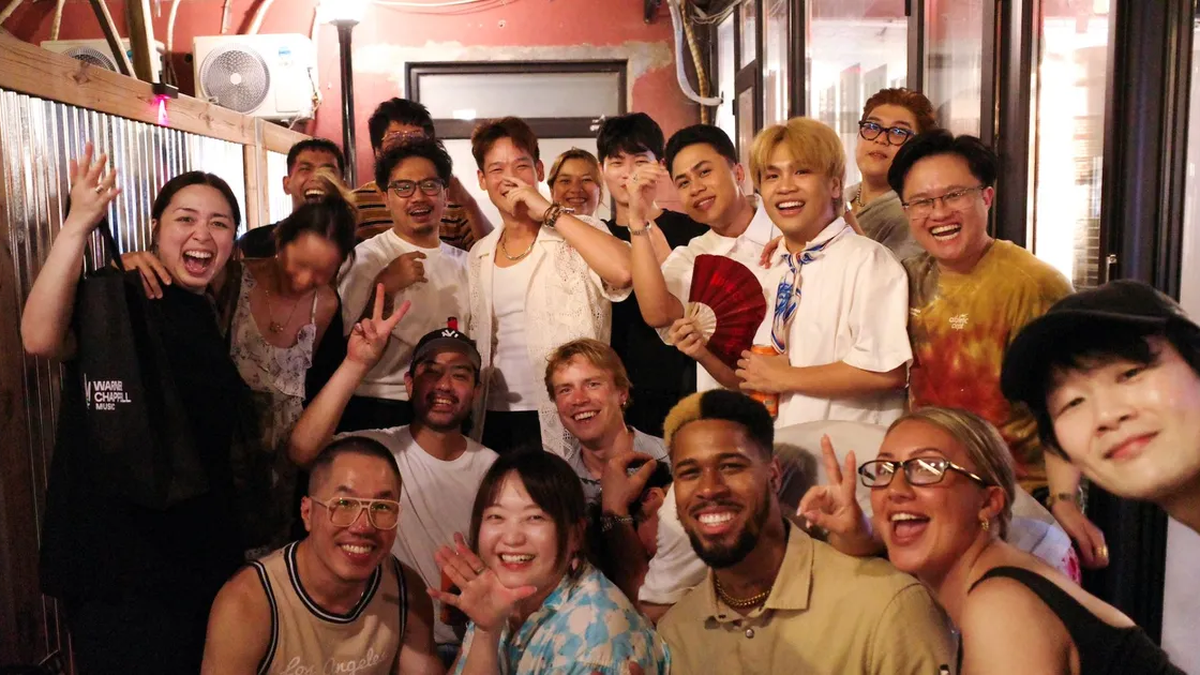
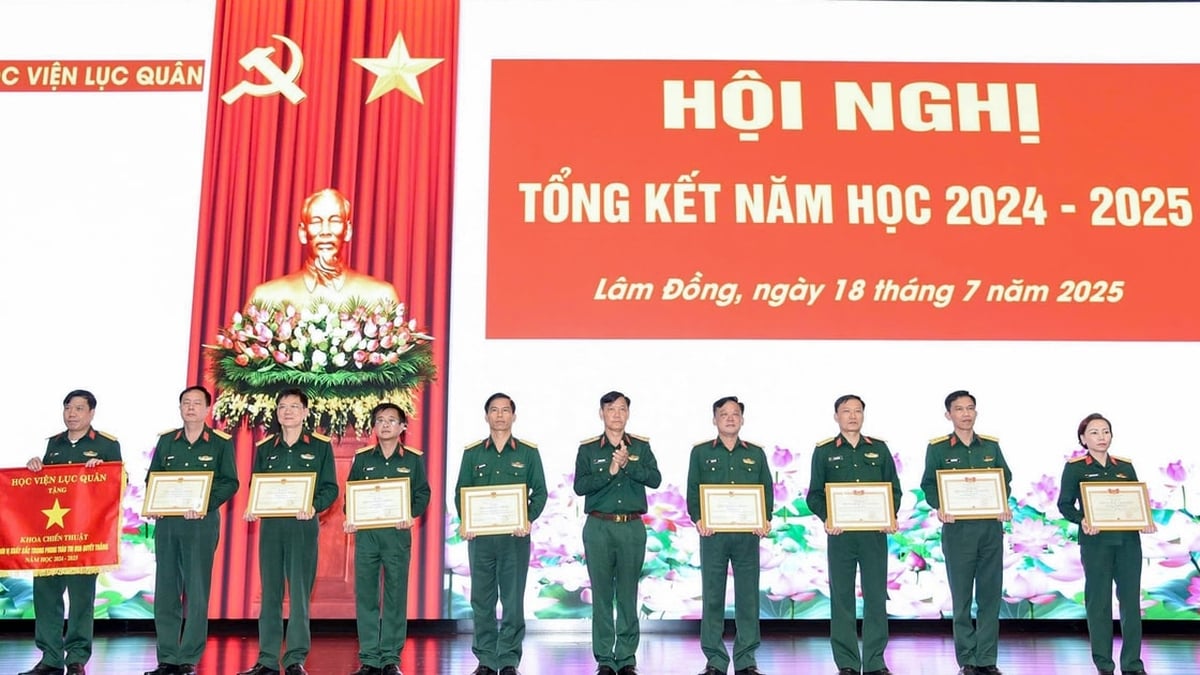
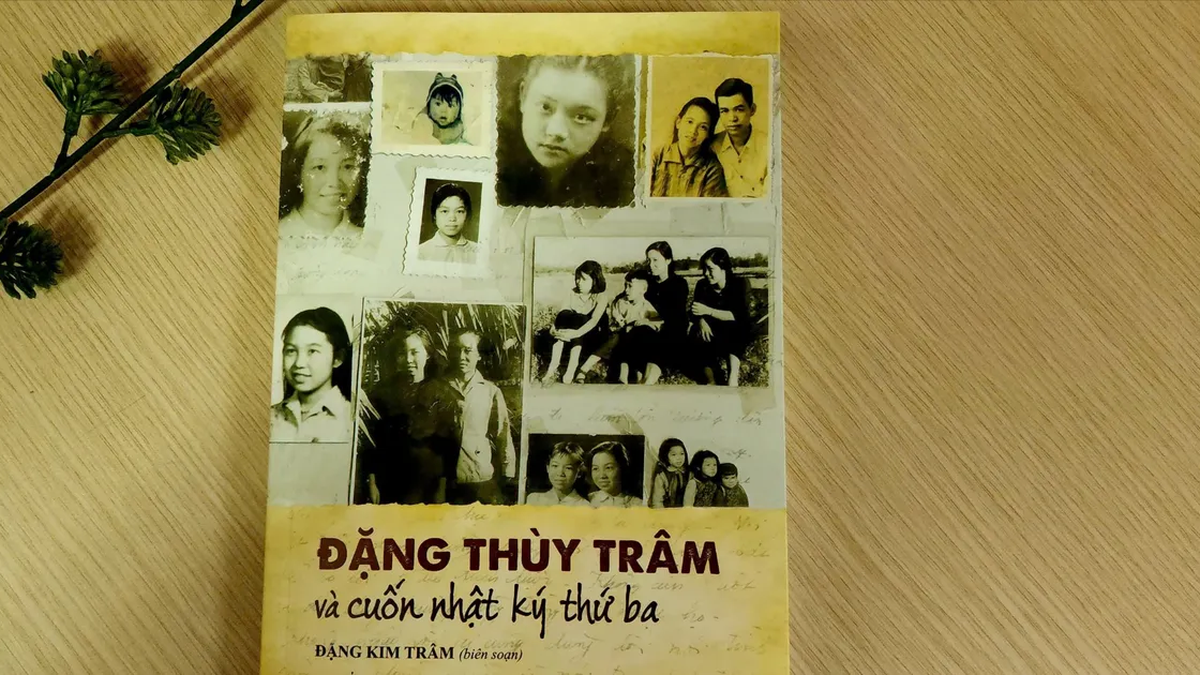
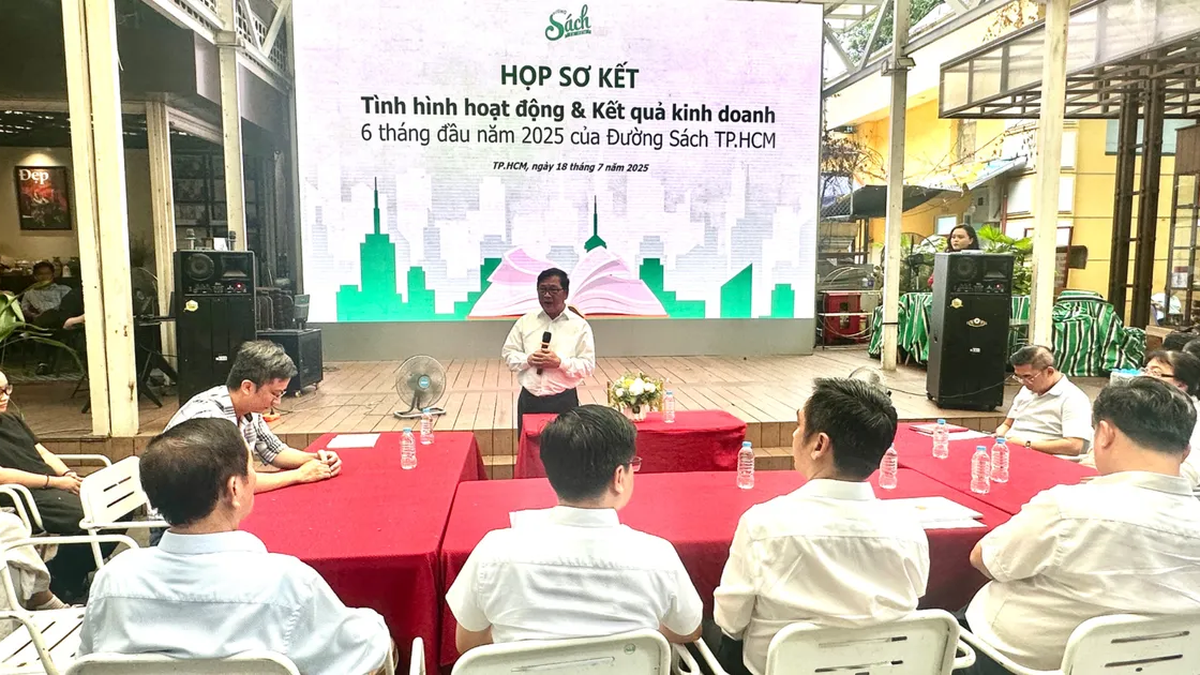
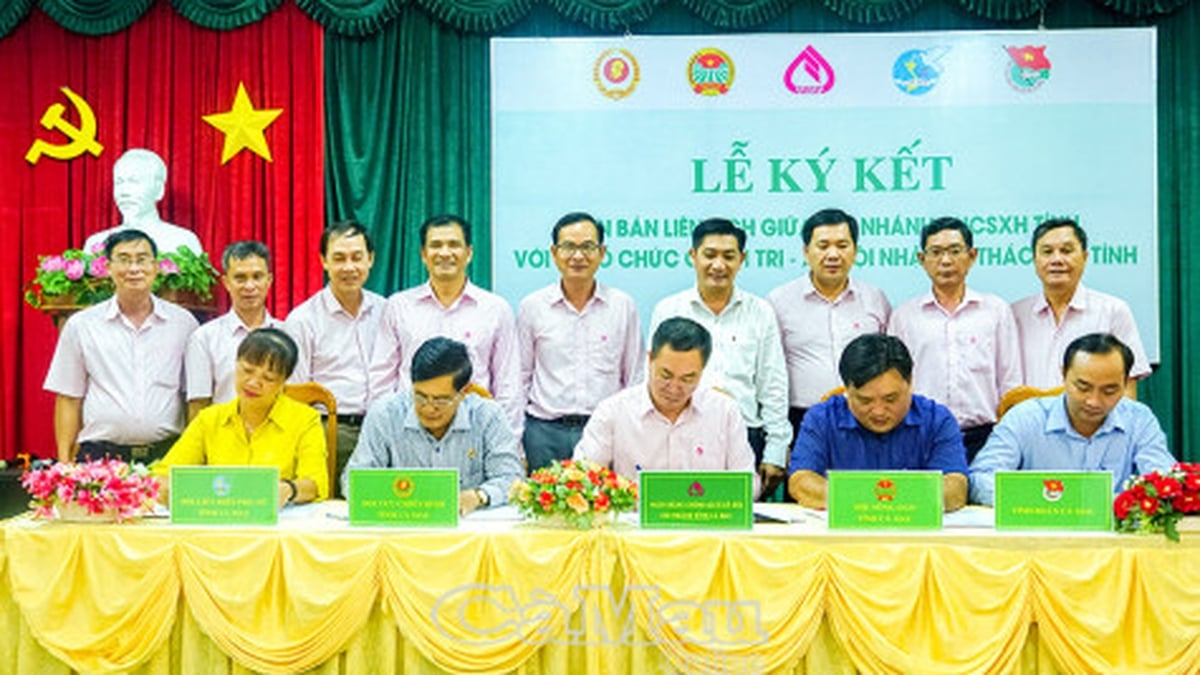


















































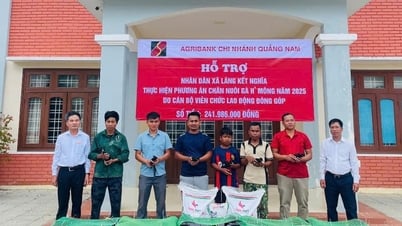








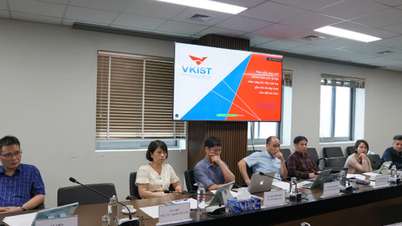

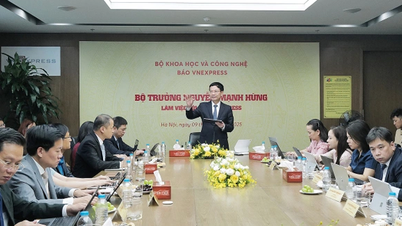

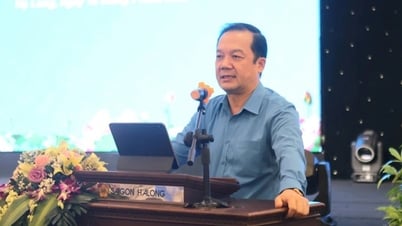


















![[Infographic] In 2025, 47 products will achieve national OCOP](https://vphoto.vietnam.vn/thumb/402x226/vietnam/resource/IMAGE/2025/7/16/5d672398b0744db3ab920e05db8e5b7d)





Comment (0)